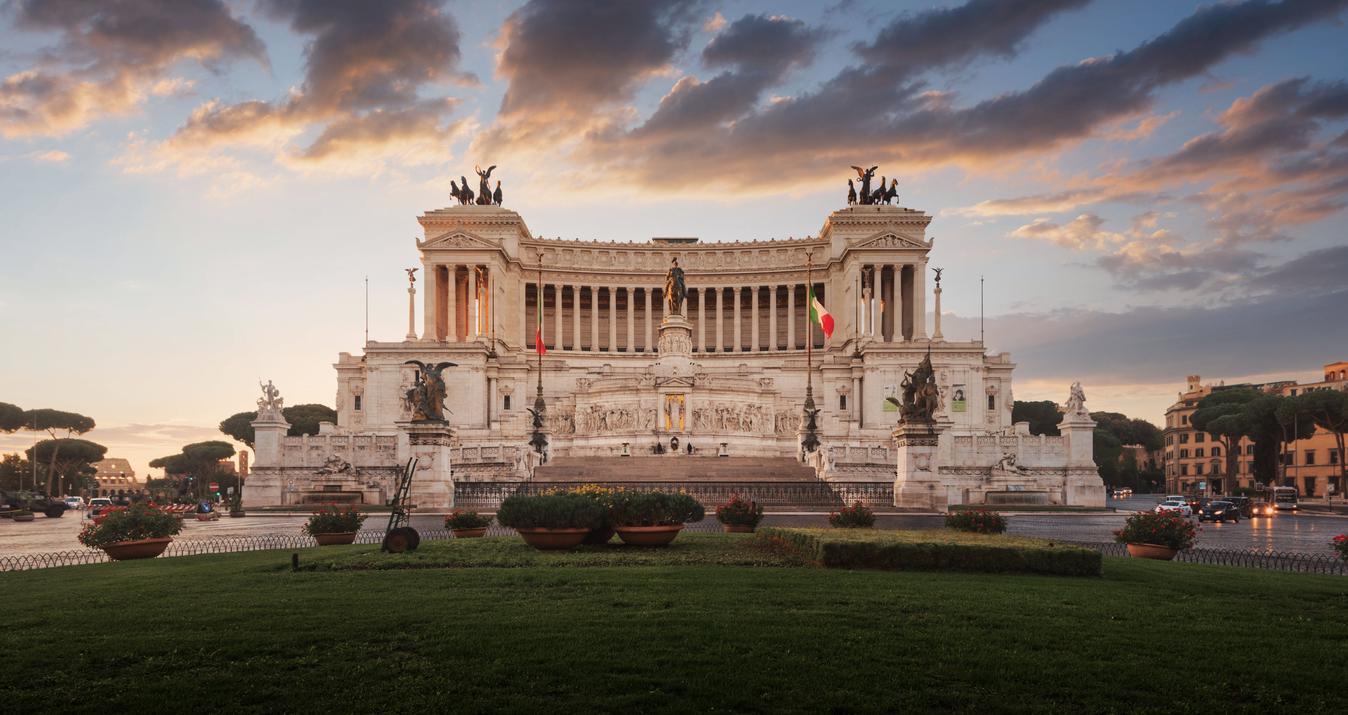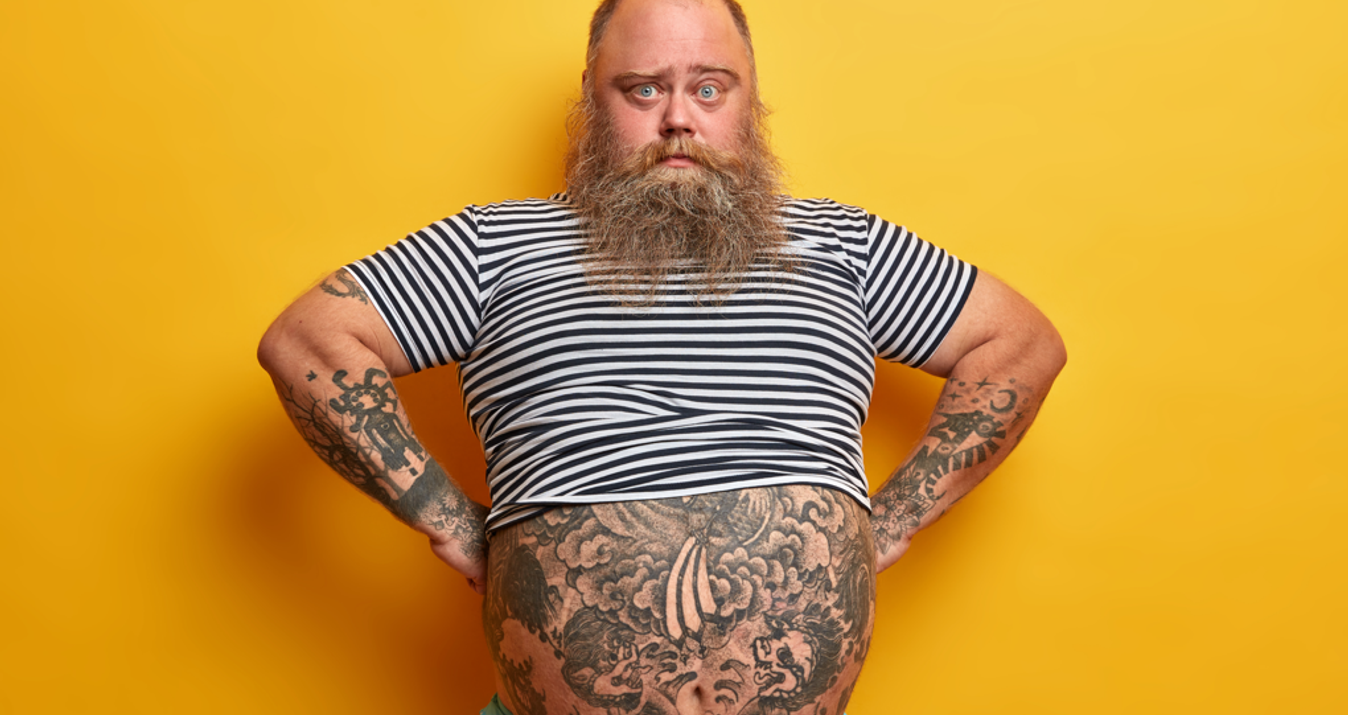Who Offers Best AI Photo Expansion Without Quality Loss
November 28, 2025

Searching for who offers the best AI photo expansion that won’t ruin your shot? These picks keep the light and grain intact.
AI photo expansion is no longer just an experimental tool. Today, it is an essential part of many photographers’ and designers’ workflows. You can expand cropped images, stretch backgrounds, and give compositions more space, all without sacrificing quality. The main challenge is preserving texture, lighting, and detail while avoiding unwanted artifacts or distorted areas.
With the right tool, even complex subjects like hair, fabric folds, or patterned surfaces can be extended convincingly. This article compares five tools you can actually use without fighting artifacts.
What Are AI Image Extenders?
AI image extenders take pixels near an image edge and predict what belongs beyond them. They use trained models to continue patterns like sky, fabric, wood grain, or brick. A strong extender keeps noise, color temperature, and fine texture consistent, so the new area looks like it grew from the original. 
Weak systems produce visible repeats, odd seams, or soft, washed-out fills. In practice, the best workflow is to generate the expansion and then make small local edits. That final loop fixes small mismatches in tone or edge definition. Knowing when to stop the AI and touch up by hand is an important skill.
The Five Best Tools for AI Photo Expansion
These five options balance quality, speed, and control in different ways. Some are built for photographers who need subtle photographic results. Others prioritize creative freedom or speed for social media. Choose the tool that fits your outcome, your patience, and the delivery size you need.
1. Luminar Neo: GenExpand That Stays Natural
 Luminar Neo focuses on photographers who want fast, photographic extensions with minimal cleanup. Its GenExpand reads nearby pixels, preserving grain and directional light. It handles skies, organic backgrounds, and soft transitions well. For hands-on editors, you can mask the subject and allow GenExpand to rebuild only the background. Artists and photographers can experiment with extending skies or backgrounds using outpainting AI. Many users praise Luminar Neo as the best AI photo expand tool for everyday creative photo work because it minimizes manual retouching while keeping a natural look.
Luminar Neo focuses on photographers who want fast, photographic extensions with minimal cleanup. Its GenExpand reads nearby pixels, preserving grain and directional light. It handles skies, organic backgrounds, and soft transitions well. For hands-on editors, you can mask the subject and allow GenExpand to rebuild only the background. Artists and photographers can experiment with extending skies or backgrounds using outpainting AI. Many users praise Luminar Neo as the best AI photo expand tool for everyday creative photo work because it minimizes manual retouching while keeping a natural look.
Great when you need a fast, photographic-looking background fill.
Keeps film and digital grain consistent with the original.
Useful masking and local-adjustment tools let you protect subjects.
Best for landscapes, editorial frames, and portrait backgrounds.
Desktop-friendly and integrates well into a photographer’s catalog workflow.
Enter the Future of Photo Editing with GenExpand
Give it a try!2. Photoshop: The Power User’s Choice
 Photoshop is the professional fallback when fine control is required. Its generative fills are precise and can be guided with masks, selection refinement, and layer work. You can craft exact outcomes by combining automated fills with retouching tools. Photoshop pairs well with creative prompt workflows and reference generation. If you need inspiration or creative prompts before starting an expansion, AI image generator prompts can help. Photoshop is also an AI service with top photo expand feature in many studio pipelines because it lets you polish everything to a pixel-perfect finish.
Photoshop is the professional fallback when fine control is required. Its generative fills are precise and can be guided with masks, selection refinement, and layer work. You can craft exact outcomes by combining automated fills with retouching tools. Photoshop pairs well with creative prompt workflows and reference generation. If you need inspiration or creative prompts before starting an expansion, AI image generator prompts can help. Photoshop is also an AI service with top photo expand feature in many studio pipelines because it lets you polish everything to a pixel-perfect finish.
Unmatched layer control and precise masks for edge cleanup.
Excellent for architectural geometry and hard-surface extension.
Combines automated fills with hand painting for high-fidelity results.
Works well as the final polishing station after faster generators.
Best for high-end retouching and demanding editorial jobs.
3. Canva: Speed and Ease for Content Creators
 Canva brings expansion into a layout-first environment. It is ideal when you need a little extra background or sky to fit copy, banners, or social templates. The tool is built for speed and repeatable results rather than pixel-level perfection. For projects headed to large displays, pair Canva exports with a dedicated upscaler to keep edges crisp. That is where a focused upscaling link, such as make photo 4k, fits naturally into the workflow. Canva is the practical choice when branding and speed beat flawless photographic fidelity.
Canva brings expansion into a layout-first environment. It is ideal when you need a little extra background or sky to fit copy, banners, or social templates. The tool is built for speed and repeatable results rather than pixel-level perfection. For projects headed to large displays, pair Canva exports with a dedicated upscaler to keep edges crisp. That is where a focused upscaling link, such as make photo 4k, fits naturally into the workflow. Canva is the practical choice when branding and speed beat flawless photographic fidelity.
Fast, template-aware expansion for social and web formats.
Easy for non-Photoshop users to widen backgrounds and add space.
Limited fine-detail control but excellent for consistent output.
Pair with a 4K upscaler when final assets need high resolution.
Best for marketing teams and rapid social content production.
4. Fotor: Approachable Edits with Clever Fills
 Fotor offers simple controls with surprisingly solid fill logic for many photographic scenes. It is friendly to photographers who want usable results without complex layers. Fotor does well with skies, walls, and studio backdrops, though it struggles with complex hair or repeated architectural detail. When you need to replace or swap subjects, consider pairing Fotor with a targeted replacer. Tools such as AI image replacer let you change subjects while keeping lighting and color consistent. Together, these tools create a practical studio pipeline for small teams and solo shooters.
Fotor offers simple controls with surprisingly solid fill logic for many photographic scenes. It is friendly to photographers who want usable results without complex layers. Fotor does well with skies, walls, and studio backdrops, though it struggles with complex hair or repeated architectural detail. When you need to replace or swap subjects, consider pairing Fotor with a targeted replacer. Tools such as AI image replacer let you change subjects while keeping lighting and color consistent. Together, these tools create a practical studio pipeline for small teams and solo shooters.
Accessible UI that produces quick, usable expansions.
Reliable for simple landscapes, product shots, and studio backdrops.
Not ideal for hair, lace, or intricate repeating patterns.
Combine with a replacer when you need subject swaps or complex composites.
Best for quick client previews and small-studio deliveries.
5. Runway: Modern AI for Ambitious Edits
 Runway targets creators who want to push images beyond subtle extension. Its models scale well for large canvases and creative exploration. You can run multiple passes, tweak sampling strength, and blend different outputs. Runway is often the first stop for filmmakers and generative artists who want bold reconstructions and motion-ready results. Because of its experimental models and output flexibility, many pros consider Runway a leading AI program for photo expansion when the brief asks for imagination, scale, and motion options.
Runway targets creators who want to push images beyond subtle extension. Its models scale well for large canvases and creative exploration. You can run multiple passes, tweak sampling strength, and blend different outputs. Runway is often the first stop for filmmakers and generative artists who want bold reconstructions and motion-ready results. Because of its experimental models and output flexibility, many pros consider Runway a leading AI program for photo expansion when the brief asks for imagination, scale, and motion options.
Handles large expansions and cascading generative passes.
Good for creative reinterpretation and animated extensions.
Offers model control and blend modes for refined outputs.
Steeper learning curve but higher creative payoff for experimental work.
Best for video teams, motion creatives, and generative experiments.
Tips to Maximize AI Photo Expansion Results
 Getting the best results from AI photo expansion requires preparation and careful control. Small adjustments can make a big difference in realism and quality.
Getting the best results from AI photo expansion requires preparation and careful control. Small adjustments can make a big difference in realism and quality.
Mask your subject to protect people, products, or other key elements during expansion.
Use layering for complex scenes, running multiple passes, and merging layers selectively.
Adjust AI settings like sampling strength or fill style to avoid unnatural patterns.
Retouch edges, shadows, and colors to make new areas blend seamlessly.
Upscale the final image if you need high-resolution output for print or large screens.
Maintain consistent lighting, grain, and texture across the original and expanded sections.
Following these steps ensures the AI expansion looks natural and professional. Even small edits after the generation stage can prevent obvious artifacts and give you a polished result.
Common Mistakes to Avoid with AI Image Extenders
 Even experienced users can make simple mistakes that ruin an otherwise good expansion. Knowing what to watch out for saves time and prevents frustration.
Even experienced users can make simple mistakes that ruin an otherwise good expansion. Knowing what to watch out for saves time and prevents frustration.
Over-expanding the canvas can produce blurred or repetitive textures.
Ignoring edges and failing to mask foreground elements results in warped or duplicated features.
Leaving repeated patterns unchecked, such as tiles, bricks, or fabric, can look artificial.
Relying solely on AI without manual adjustments can lead to color mismatches or lighting issues.
Skipping a full-resolution review can hide artifacts until printing or displaying large images.
Being aware of these pitfalls and taking the time to check your work ensures high-quality, realistic expansions every time. Even a quick manual pass can make the difference between a usable image and one that looks obviously AI-generated.
Final Insights
Every tool addresses a specific need. Luminar Neo allows photographers to get a fast, natural feel for extended frames. Photoshop provides the control to get pixel-perfect results. Canva provides speed and consistency for content teams. Fotor provides friendly edits for speedy turnarounds. Runway unlocks massive, creative expansion and motion-ready assets. A savvy workflow often employs one tool to do the heavy lifting and another to apply the finishing polish.
If you plan on printing or showing large-format work, upscaling and a careful 100 percent pixel check are essential steps. That approach keeps edges sharp and texture faithful. Choose what matches your brief and the final display size. For many users, this mix is how they achieve the best AI picture expansion without compromise.





